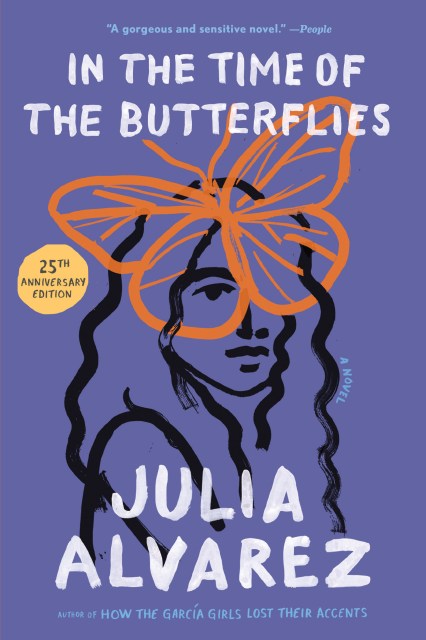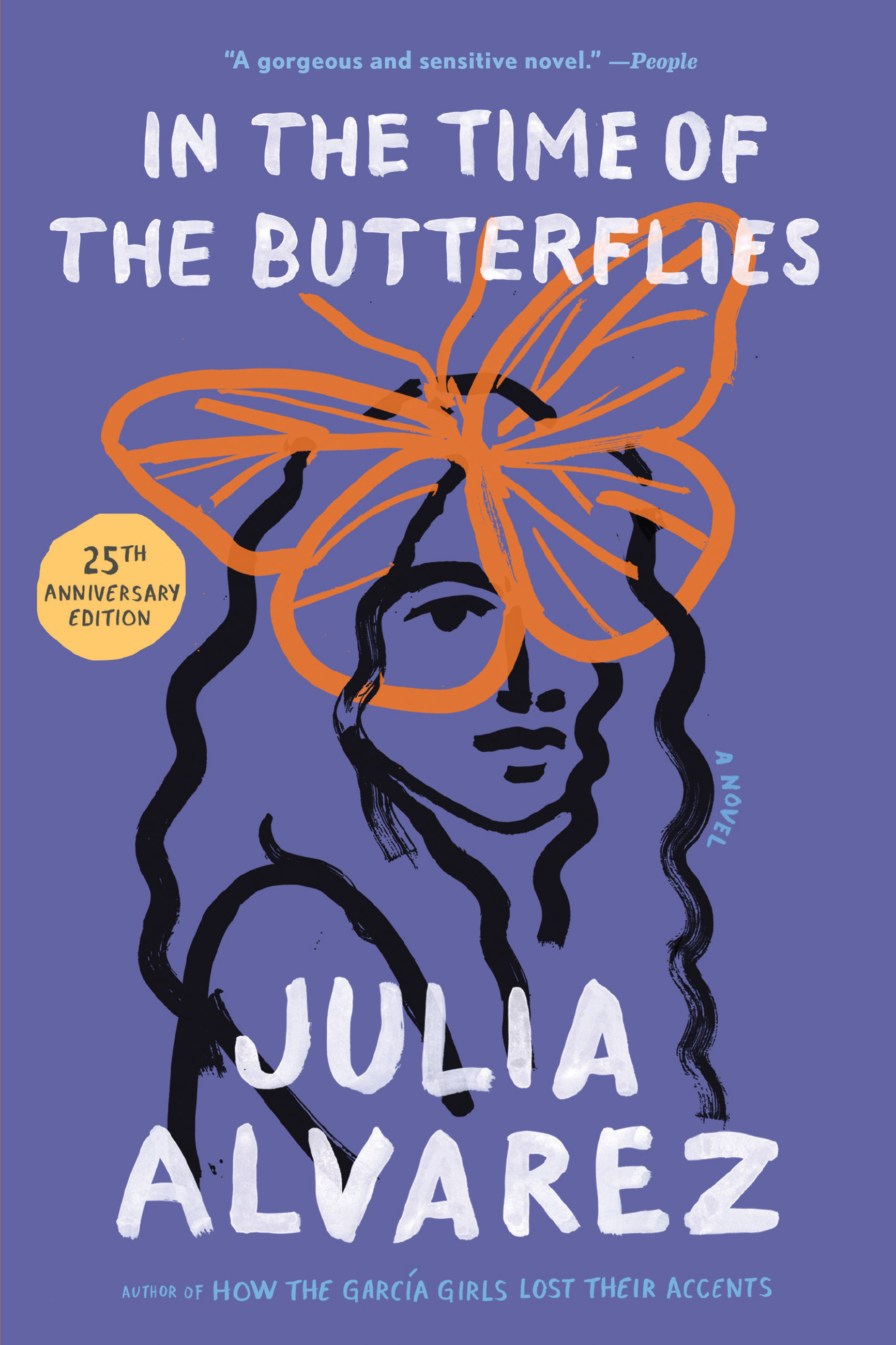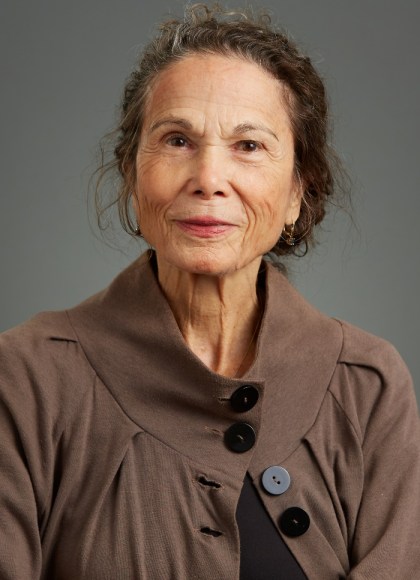Promotion
Use code MOM24 for 20% off site wide + free shipping over $45
In the Time of the Butterflies
Contributors
Formats and Prices
Price
$11.99Price
$15.99 CADFormat
Format:
- ebook $11.99 $15.99 CAD
- Trade Paperback $18.99 $24.99 CAD
This item is a preorder. Your payment method will be charged immediately, and the product is expected to ship on or around January 12, 2010. This date is subject to change due to shipping delays beyond our control.
Also available from:
Don't miss Alvarez’s new novel, The Cemetery of Untold Stories, available now!
It is November 25, 1960, and three beautiful sisters have been found near their wrecked Jeep at the bottom of a 150-foot cliff on the north coast of the Dominican Republic. The official state newspaper reports their deaths as accidental. It does not mention that a fourth sister lives. Nor does it explain that the sisters were among the leading opponents of Gen. Rafael Leónidas Trujillo’s dictatorship. It doesn’t have to. Everybody knows of Las Mariposas—the Butterflies.
In this extraordinary novel, the voices of all four sisters–Minerva, Patria, María Teresa, and the survivor, Dedé–speak across the decades to tell their own stories, from secret crushes to gunrunning, and to describe the everyday horrors of life under Trujillo’s rule. Through the art and magic of Julia Alvarez’s imagination, the martyred Butterflies live again in this novel of courage and love, and the human costs of political oppression.
"Alvarez helped blaze the trail for Latina authors to break into the literary mainstream, with novels like In the Time of the Butterflies and How the García Girls Lost Their Accents winning praise from critics and gracing best-seller lists across the Americas."—Francisco Cantú, The New York Times Book Review
"This Julia Alvarez classic is a must-read for anyone of Latinx descent." —Popsugar.com
"A gorgeous and sensitive novel . . . A compelling story of courage, patriotism and familial devotion." —People
"Shimmering . . . Valuable and necessary." —Los Angeles Times
"A magnificent treasure for all cultures and all time.” —St. Petersburg Times
"Alvarez does a remarkable job illustrating the ruinous effect the 30-year dictatorship had on the Dominican Republic and the very real human cost it entailed."—Cosmopolitan.com
Genre:
-
"Wonderful . . . Skillfully weaves fact and fiction, building to a gut-wrenching climax." —Newsweek
"A gorgeous and sensitive novel . . . A compelling story of courage, patriotism and familial devotion." —People
"Shimmering . . . Valuable and necessary." —Los Angeles Times
"Extraordinary." —Harper's Bazaar
"Haunting." —New York Newsday
"A poignant tale of courage and hope . . . As much an inspiration as it is a tragedy." —Ms.
"Imagination and history in sublime combination . . . Read this book for the novel it is. Read this book for the place it takes you. Read this book and take courage." —The Denver Post
- On Sale
- Jan 12, 2010
- Page Count
- 352 pages
- Publisher
- Algonquin Books
- ISBN-13
- 9781616200992
Newsletter Signup
By clicking ‘Sign Up,’ I acknowledge that I have read and agree to Hachette Book Group’s Privacy Policy and Terms of Use







